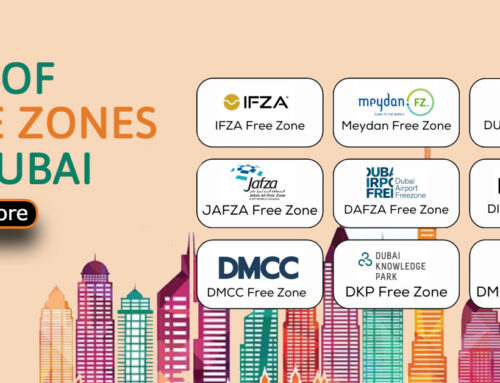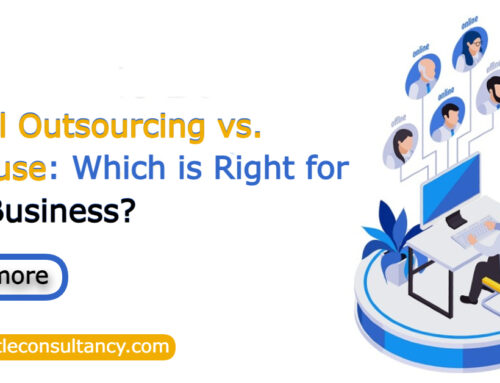Payroll management is a critical aspect of any business, encompassing the processes of calculating employee compensation, withholding taxes, and ensuring timely and accurate payment. For organizations, regardless of size, having an efficient payroll management system is crucial for maintaining employee satisfaction, complying with legal obligations, and fostering overall business success. This article explores the significance of payroll management, different payroll methods, and solutions that can streamline the entire payroll process.
Importance of Payroll Management
1. Employee Satisfaction: Timely and accurate payroll processing directly impacts employee morale and satisfaction. When employees are paid on time and without errors, they feel valued and are more likely to remain committed to the organization.
2. Compliance with Laws and Regulations: Payroll management involves adhering to various labor laws, tax regulations, and government mandates. Failure to comply can lead to penalties, fines, and damage to the organization’s reputation.
3. Financial Accuracy: Payroll is typically one of the most significant expenses for businesses. Efficient payroll management ensures financial accuracy, preventing financial losses due to errors in compensation calculations or tax withholdings.
4. Productivity and Focus: By automating and streamlining payroll processes, businesses can free up HR and finance teams to focus on more strategic tasks, thus enhancing overall productivity.
5. Data Security: Payroll data contains sensitive employee information. Effective payroll management systems prioritize data security, safeguarding the privacy of employees and the company.
6. Decision Making: Accurate payroll data provides valuable insights into labor costs, allowing management to make informed decisions regarding budgeting and resource allocation.
Payroll Methods
1. Manual Payroll Processing: This traditional method involves HR or finance personnel manually calculating each employee’s wages, benefits, deductions, and taxes. While it can work for small businesses with few employees, it is time-consuming, prone to errors, and becomes impractical as the organization grows.
2. Spreadsheets: Some organizations use spreadsheets to manage payroll. While it is more efficient than manual processing, it still carries the risk of errors and may lack the security and integration required for complex payroll tasks.
3. Payroll Software: Payroll software automates the entire payroll process, from calculating wages to tax deductions and direct deposits. It reduces errors, saves time, and ensures compliance with regulations. Modern payroll software often integrates with other HR and accounting systems, providing a seamless experience.
4. Outsourcing Payroll: Companies may choose to outsource their payroll management to specialized service providers. This option transfers the responsibility to experts, relieving the company of payroll-related tasks. However, organizations should carefully choose reliable and reputable Payroll outsourcing partners.
Payroll Solutions
1. Implementing Payroll Software: Investing in a robust payroll software solution is an excellent first step towards effective payroll management. The software should align with the organization’s specific needs, offer compliance features, data security, and scalability.
2. Employee Self-Service (ESS): ESS portals empower employees to access and manage their payroll-related information, such as pay stubs and tax forms. This reduces the burden on HR departments and enhances employee engagement.
3. Automation and Integration: Integrating payroll systems with other HR and accounting software eliminates manual data entry and reduces the risk of errors. Automation streamlines processes, saving time and effort.
4. Regular Training and Compliance Updates: HR and finance personnel responsible for payroll should undergo regular training to stay updated with the latest tax laws, regulations, and best practices.
5. Double-Check Procedures: Implementing a double-check system for critical payroll tasks can help catch errors before finalizing payments.
6. Data Security Measures: Payroll data is sensitive and must be protected. Encryption, access controls, and regular data backups are crucial to safeguarding employee information.
Conclusion
Payroll management is an indispensable aspect of running a successful business. Efficient payroll processes not only ensure employee satisfaction and compliance but also contribute to sound financial management and strategic decision-making. By adopting suitable payroll methods and solutions, organizations can streamline their payroll processes, improve accuracy, and focus on achieving their core business objectives. Embracing technology and outsourcing when necessary can result in more effective payroll management and a more productive work environment overall.
Aristotle Consultancy, a leading platform specializing in Virtual CFO, tax and compliance solutions, is dedicated to assisting you with all your Accounting needs.
You can Check Detailed List of Financial Advisory Services , Tax compliances or Virtual CFO service from Aristotle Consultancy
Read more related blogs:
Top Reasons To Consider Payroll Outsourcing Service
Choosing The Right Payroll Outsourcing Provider: Factors To Consider
Things To Consider When Hiring A Virtual CFO
Top Reasons To Consider Payroll Outsourcing Service
Outsourced CFO Services: All You Need To Know For Enhanced Financial Management






